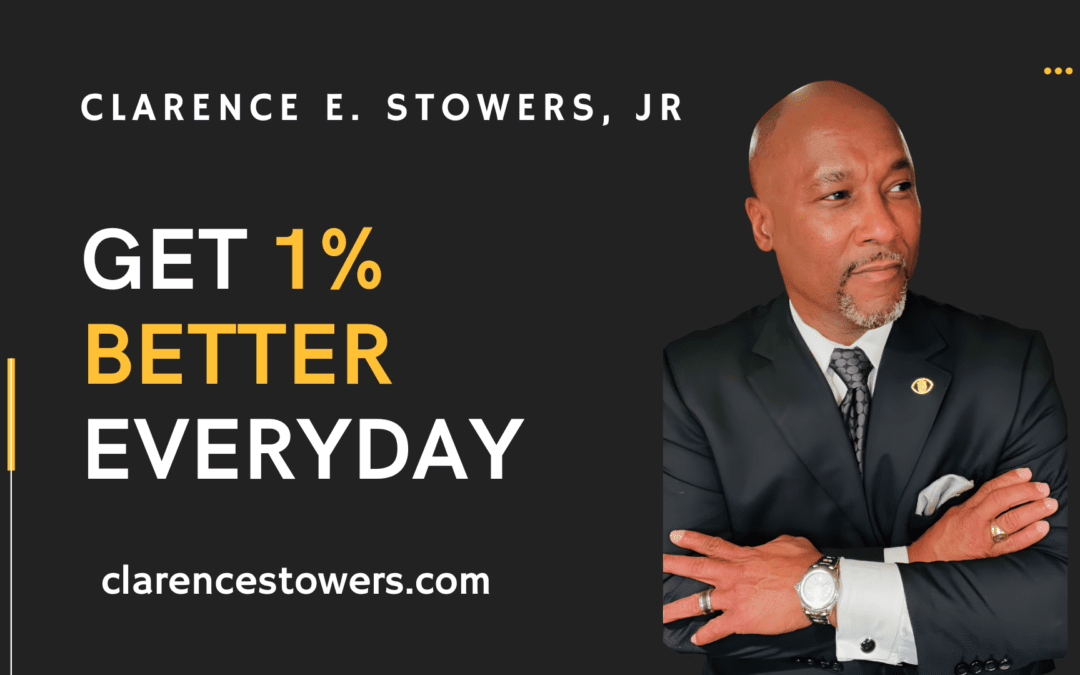Black History Month, also known as African-American History Month in America, is an annual observance in the United States, Canada, and the United Kingdom for remembrance of important people and events in the history of the African diaspora.
Research has found that the proportion of young people who are daily readers drops has dropped dramatically in recent years. According to some studies, since 1984, the percentage of 13-year-olds who are weekly readers dropped from 70% to 53%. Even worse, the percentage of 17-year-olds who are weekly readers fell from 64% to a startling 40%. It’s jarring news. Therefore, I’m sharing my list of reading recommendations. Here are a few titles that had an impact on my life and that every African-American should read.
The Mis-Education of the Negro – Carter G. Woodson, Ph.D.
The thesis of Dr. Woodson’s book is that African-Americans of his day were being culturally indoctrinated, rather than taught, in American schools. This conditioning, he claims, causes African-Americans to become dependent and to seek out inferior places in the greater society of which they are a part. He challenges his readers to become autodidacts and to “do for themselves,” regardless of what they were taught: History shows that it does not matter who is in power… those who have not learned to do for themselves and have to depend solely on others never obtain any more rights or privileges in the end.
The Souls of Black Folk – W.E.B DuBois, Ph.D.
This landmark book is a founding work in the literature of black protest. W. E. B. Du Bois (1868-1963) played a key role in developing the strategy and program that dominated early 20th-century black protest in America. In this collection of essays, first published together in 1903, he eloquently affirms that it is beneath the dignity of a human being to beg for those rights that belong inherently to all mankind. He also charges that the strategy of accommodation to white supremacy advanced by Booker T. Washington, then the most influential black leader in America, would only serve to perpetuate black oppression.
The New Jim Crow: Mass Incarceration in the Age of Colorblindness – Michelle Alexander
Once in a great while a book comes along that changes the way we see the world and helps to fuel a nationwide social movement. The New Jim Crow is such a book. Praised by Harvard Law professor Lani Guinier as “brave and bold,” this book directly challenges the notion that the election of Barack Obama signals a new era of colorblindness.
With dazzling candor, legal scholar Michelle Alexander argues that “we have not ended racial caste in America; we have merely redesigned it.” By targeting black men through the War on Drugs and decimating communities of color, the U.S. criminal justice system functions as a contemporary system of racial control—relegating millions to a permanent second-class status—even as it formally adheres to the principle of colorblindness.
The Failures Of Integration: How Race and Class Are Undermining the American Dream – Sheryll Cashin
Published for the fiftieth anniversary of Brown v. Board of Education: If “separate, but equal” has been illegal for fifty years, why is America more segregated than ever?. On May 17, 1954, the Supreme Court unanimously declared that separate educational facilities for blacks and whites are inherently “unequal” and, as such, violate the 14th Amendment. The landmark decision, Brown v. Board of Education , sounded the death knell for legal segregation, but fifty years later, de facto segregation in America thrives. And Sheryll Cashin believes that it is getting worse.
The Failures of Integration is a provocative look at how segregation by race and class is ruining American democracy. Only a small minority of the affluent are truly living the American Dream, complete with attractive, job-rich suburbs, reasonably low taxes, good public schools, and little violent crime. For the remaining majority of Americans, segregation comes with stratospheric costs. In a society that sets up “winner” and “loser” communities and schools defined by race and class, racial minorities in particular are locked out of the “winner” column.
The Hidden Cost of Being African American: How Wealth Perpetuates Inequality – Thomas M. Shapiro
Over the past three decades, racial prejudice in America has declined significantly and many African American families have seen a steady rise in employment and annual income. But alongside these encouraging signs, Thomas Shapiro argues in The Hidden Cost of Being African American, fundamental levels of racial inequality persist, particularly in the area of asset accumulation–inheritance, savings accounts, stocks, bonds, home equity, and other investments.
Shapiro reveals how the lack of these family assets along with continuing racial discrimination in crucial areas like homeownership dramatically impact the everyday lives of many black families, reversing gains earned in schools and on jobs, and perpetuating the cycle of poverty in which far too many find themselves trapped.
Here’s my list, what are you reading?





History does not change the future. Imagination does.
Black Man’s Burden (1961) by Mack Reynolds
http://sfgospel.typepad.com/sf_gospel/2008/08/mack-reynolds-on-africa-islam-utopia-and-progress.html
http://www.feedbooks.com/book/4826/black-man-s-burden
Border, Breed Nor Birth (1963) by Mack Reynolds
http://www.readbookonline.net/read/44240/93267/